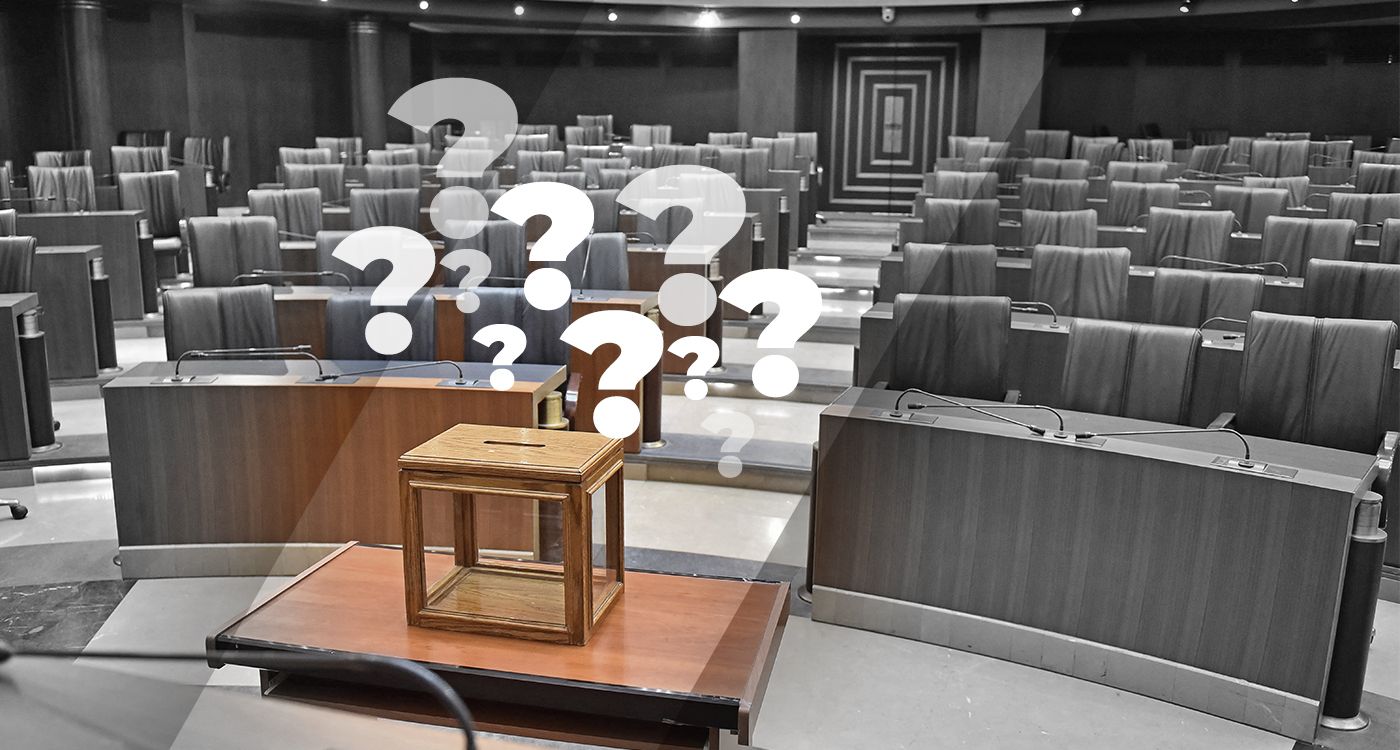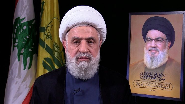
All eyes will be on Place de l’Étoile this Thursday. Since June 2023, MPs have failed to convene to elect a new president, leaving the position vacant since October 31, 2022.
How will the vote unfold? What quorum is required? Will the Constitution be amended again? This is Beirut explains all the answers.
Quorum
For an electoral session to be held, a quorum is required. However, since 1982, the question of the quorum needed to elect a president has been a matter of constitutional debate. Is an absolute majority of MPs (65 out of 128) necessary to open the session, as stipulated by Article 34 of the Constitution? Or is a two-thirds majority (86 MPs) required, as per Article 49, for electing the president in the first round with a two-thirds majority of votes?
This debate has intensified since 2007, with blockages initiated by the March 8 alliance, which refused to convene at Place de l’Étoile to elect a successor to Emile Lahoud. A similar scenario occurred in April 2014, one month before Michel Sleiman’s mandate ended. At that time, it took 46 convocations and over two years to elect Michel Aoun in October 2016.
Both Lebanese and French constitutional experts (given that the Lebanese Constitution is based on the French Third Republic's Constitution) agree that a quorum of two-thirds of MPs is required, supported by jurisprudence from 1943 and the interpretation of Article 49.
Nonetheless, some argue that a quorum was already reached on September 29, 2022, during the first session, which would have allowed the vote to proceed with those present. However, Parliament Speaker Nabih Berri has consistently closed each session since then, insisting that two-thirds of MPs are essential to open a new session.
In any case, a president will only be elected once at least 86 MPs gather and participate in the vote.
Successive Rounds
Since Nabih Berri set January 9 for the new electoral session, it has been suggested that the session will proceed with successive rounds of voting until a president is elected. However, Berri is not obliged to call for a second round if the first does not result in an election. He may adjourn the session and ask MPs to reconvene later that afternoon or the following day.
Although the session is set to begin at 11 AM, there is no guarantee that the “conclave” will produce an immediate result. It is also important to note that Berri has announced that he will invite ambassadors to the January 9 session, which could exert international pressure. However, if his ally Hezbollah pursues a different strategy, Berri may be compelled to adjourn the session.
Required Majority
If MPs reach an agreement, a candidate could be elected with 86 votes in the first round. According to the French version of Article 49 of the Lebanese Constitution, “the president of the Republic is elected by secret ballot with a two-thirds majority of the votes” in the first round. However, the Arabic version specifies that election is “by a two-thirds majority of the Chamber.” Following the French version, the president could be elected in the first round with two-thirds of the votes cast, excluding blank or null votes. This means that with 86 MPs present, a president could be elected with as few as 58 votes.
However, Article 12 of the Chamber’s internal regulations and constitutional interpretations since 1976 specifies that it is the total number of MPs (rather than just the votes cast) that must be considered. For instance, in May 1976, 68 out of 99 MPs gathered to elect Elias Sarkis, who was only elected in the second round with 63 votes — below the two-thirds threshold.
Since 1992, with the Chamber consisting of 128 MPs, 86 votes are required for election in the first round, and 65 votes for subsequent rounds. In 2008, Michel Sleiman was elected in the first round with 118 votes. In 2016, Michel Aoun received only 84 votes in the first round and was eventually elected in the fourth round with 83 votes.
Constitutional Amendment
For further reading: https://icibeyrouth.com/articles/1304932/
The question is whether the Constitution needs to be amended to enable the election of Army Commander Joseph Aoun or another senior official. Under normal circumstances, when the executive is fully operational (with both a president and a functioning government), amending the Constitution requires consensus between the two branches of power. In the event of a deadlock, however, the legislative branch may override this requirement.
Historically, constitutional amendments have been used to extend presidential mandates or enable the election of senior officials, as seen in 1995, 1998 and 2004. In May 2008, following Hezbollah’s takeover of parts of Beirut, the Doha Agreement facilitated the election of Michel Sleiman, despite criticism over the absence of an amendment to enable the election of a senior official.
The debate now centers on whether an amendment is necessary to elect Army Commander Joseph Aoun. His opponents argue that such an election would be unconstitutional, claiming that the Chamber cannot amend the Constitution. However, in reality, even without invoking the Berri-Tabbara jurisprudence from 2007, Joseph Aoun could still be elected. A constitutional amendment requires a two-thirds majority in the Chamber, or 86 votes. This majority could either amend the Constitution prior to the election or directly elect the general, as achieving two-thirds would effectively amount to a tacit amendment of the fundamental Law.




Comments